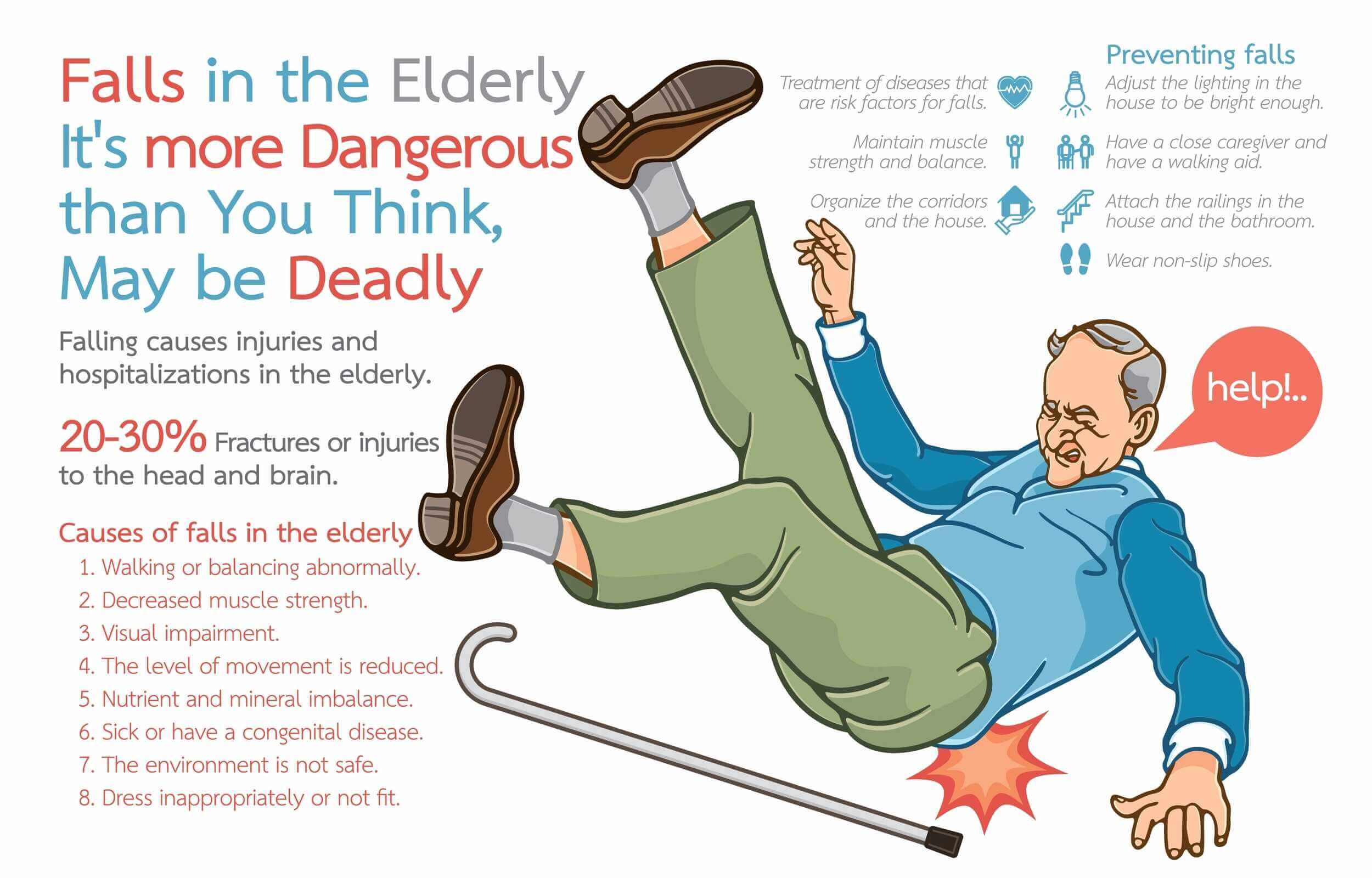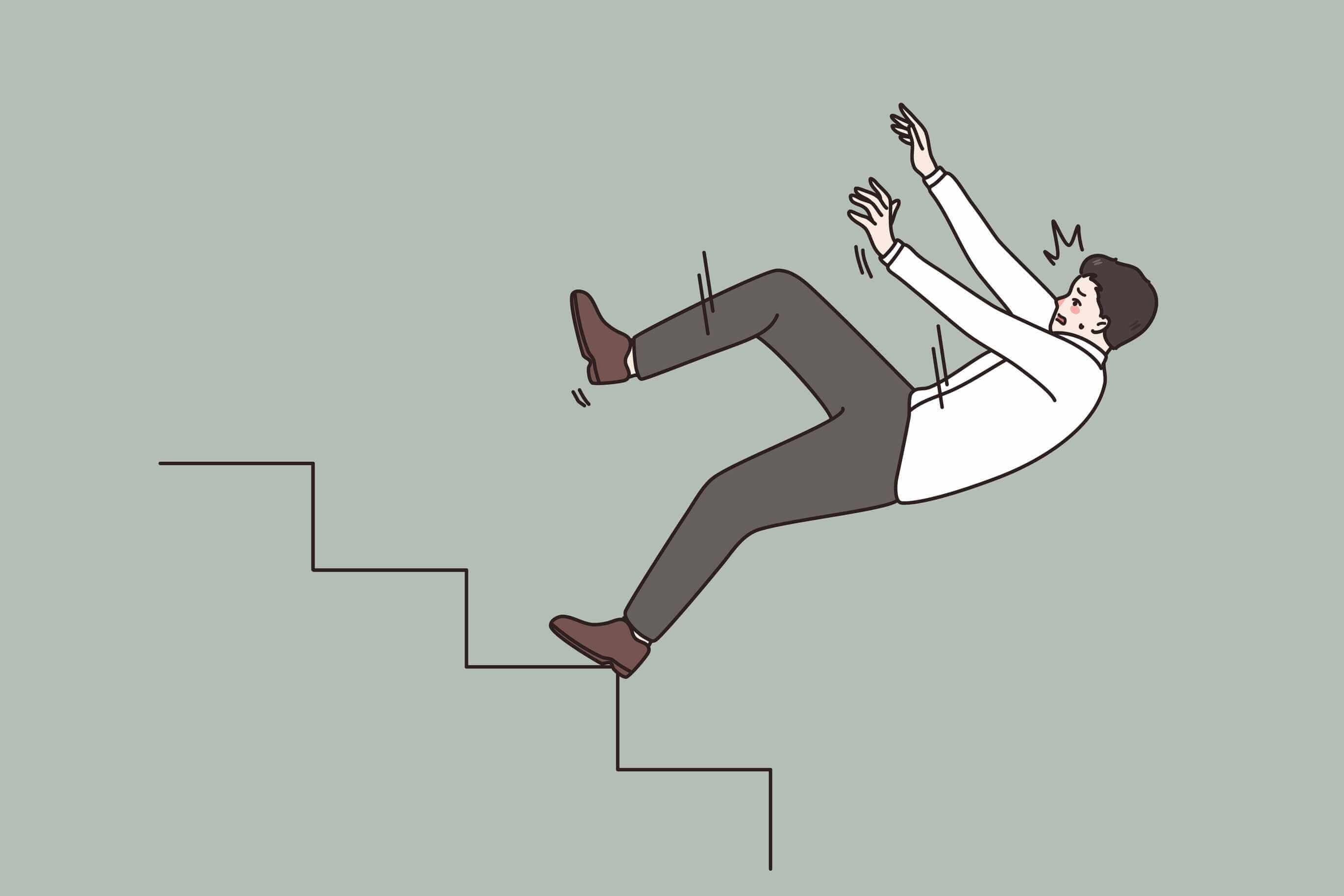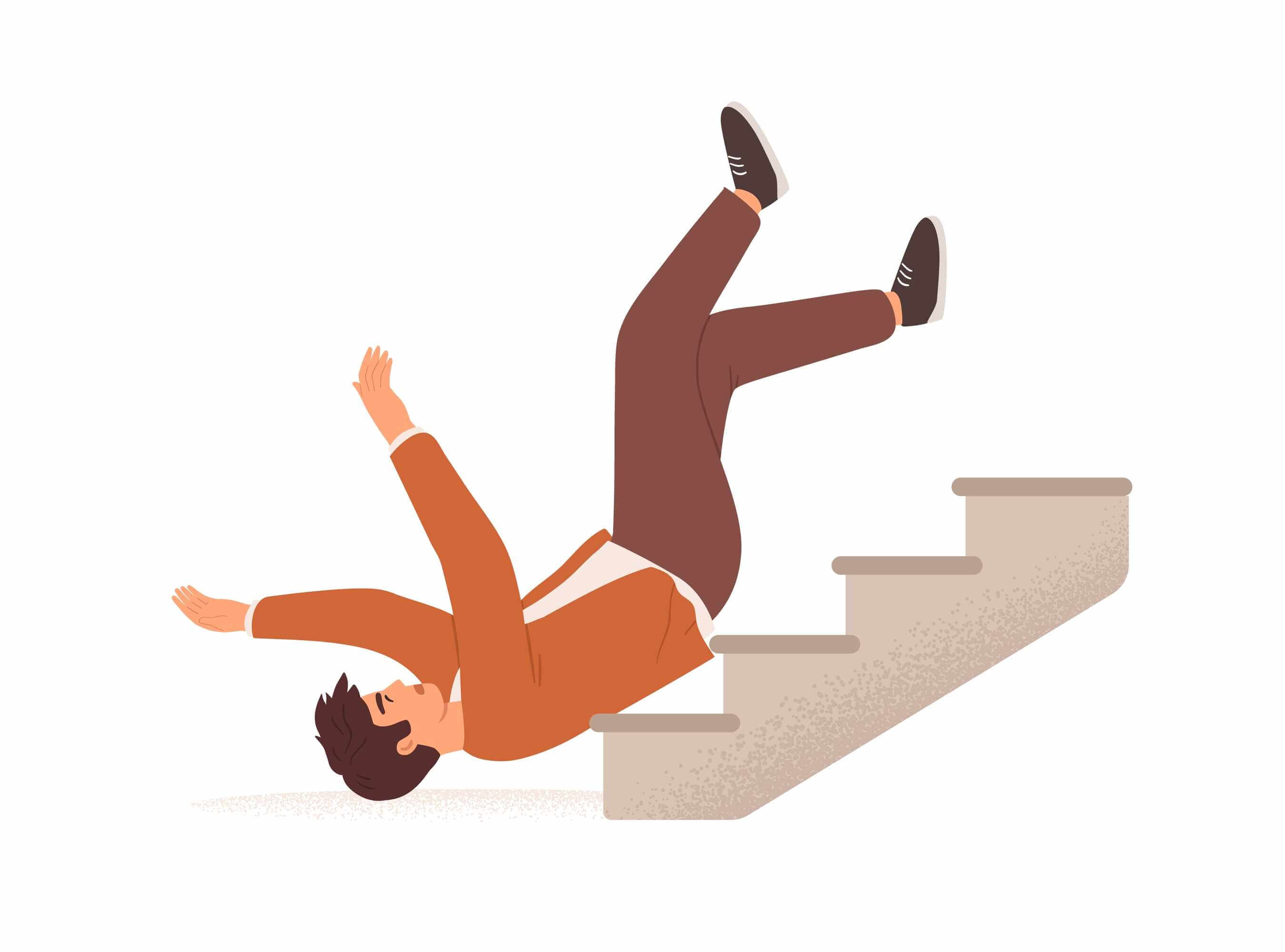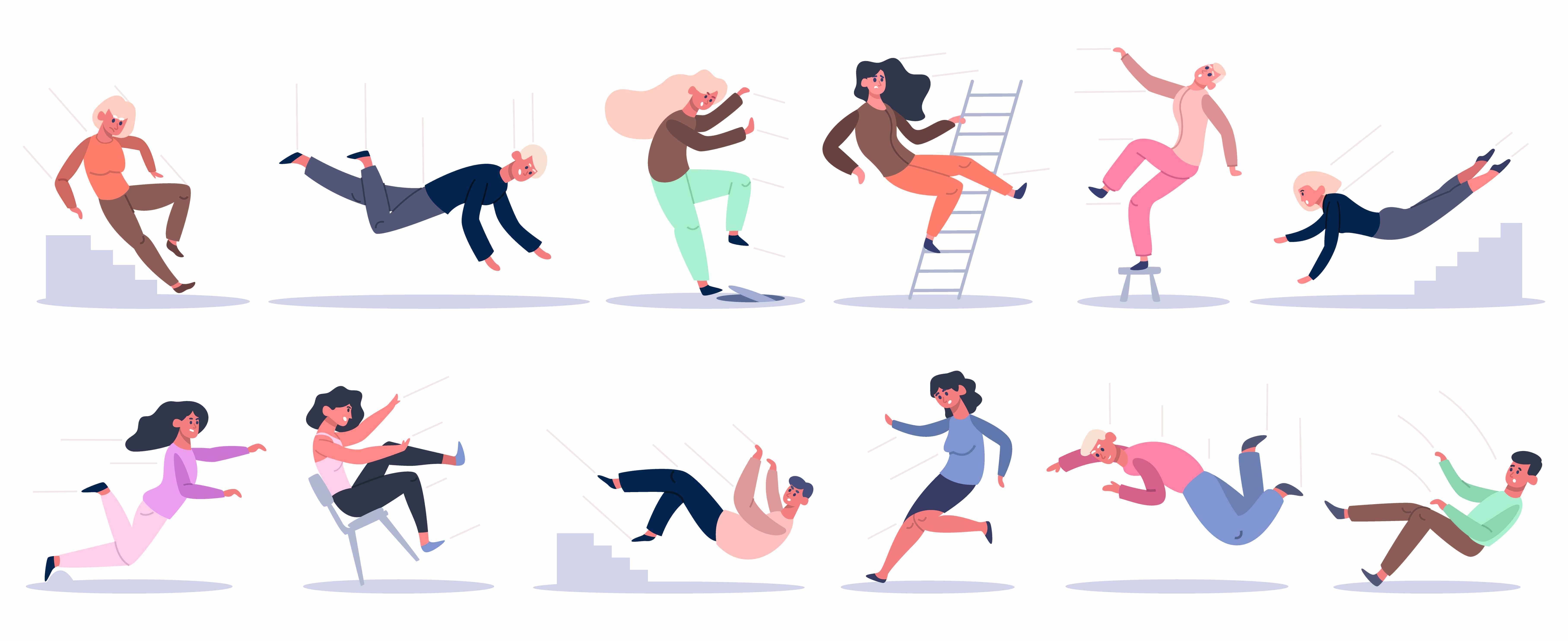What To Do If You Don’t Like To Exercise:

I don’t really like to exercise.
Okay, I kind of like picking up heavy weights and doing handstands.
But I certainly don’t love “cardio.”
Rather than nerd out about biomechanics, I’m more interested in anthropology and human behavior.
Rather than going to run a 5K, I’d rather sit on my couch and play Fallout 4 I (just watched the show, it’s fantastic.)
What I’m trying to say is I’m not a fitness nerd.
I’m a nerd who tries to be fit.
So if you’re somebody who also just doesn’t “like to exercise,” you are in good company.
I also have some amazing news for you.
Back in Time
I recently read Exercised by Daniel Lieberman, professor of anthropology at Harvard University.
Lieberman has spent large swaths of time studying and living with hunter-gatherer tribes all over the world, including the Tarahumara (who appear in the book Born to Run), the people of Pemja (Kenya), and the Hazda tribe of Tanzania.
Lieberman points out that most studies and research are conducted on very specific, narrow subset of humans:
WEIRD humans!
Western, Educated, Industrialized, Rich, and Democratic.
Modern western society only makes up a tiny part of the total human experience.
Homo Sapiens have been around for 150,000-300,000+ years!
So, if our goal is to see “what most humans do,” we need to expand the variety of humans we observe, look way back in time, and observe human behavior outside of modern western culture.
Luckily, Lieberman has done exactly that, living with modern hunter-gatherer tribes and studying ancient cultures:
For generation after generation, our ancestors young and old woke up each morning thankful to be alive and with no choice but to spend several hours walking, digging, and doing other physical activities to survive to the next day.
Sometimes they also played or danced for enjoyment and social reasons.
Otherwise, they generally steered clear of nonessential physical activities that divert energy from the only thing evolution really cares about: reproduction.
For 99.99% of our existence as a species, we needed to conserve energy, not needlessly try and burn extra energy. Whenever we weren’t actively securing our survival, we were resting to conserve energy. This whole modern concept of trying to build excess muscle, or exercising to burn extra calories would be a foreign concept to our ancestors.
Food was always in short supply, which meant every day the bodily cycle for each human has to decide how to use each calorie consumed.
Because we had to burn precious calories to hunt or find our food, needlessly burning excess calories during the rest of the day just doesn’t make any sense to ancient humans, nor to modern hunter-gatherers.
So! Of course…
It makes sense you don’t want to exercise!
As Lieberman points out:
“We never evolved to exercise.
…exercise today is most commonly defined as voluntary physical activity undertaken for the sake of health and fitness.
But as such it is a recent phenomenon…
The mantra of this book is that nothing about the biology of exercise makes sense except in the light of evolution, and nothing about exercise as a behavior makes sense except in the light of anthropology.”
As Lieberman shares in the book, tribes like the Hazda certainly burn more calories than western office-workers, but only because they have to, and not dramatically so: “Typical hunter-gatherers are about as physically active as Americans or Europeans who include about an hour of exercise in their daily routine,” but don’t have abundant access to easily consumable energy the way the rest of us do.
This is where we encounter the “Evolutionary Mismatch Hypothesis”:
Differences in stressors between the environment in which humans evolved and the current environment are mismatches that can cause disease.
Up until 10,000 years ago, humans lived a nomadic lifestyle as hunter-gatherers, with different stressors from the ones that people experience nowadays in modern environments.
Note: this is NOT where I’ll tell you to start eating Paleo (Paleo is a misguided diet that works because of math, not “ancestral” reasons).
I’m specifically talking about how our brains and bodies try and function in a modern environment. Edward Wilson said it best: “We have Paleolithic emotions, medieval institutions and godlike technology.”
Which means we need to start with acceptance: Rather than beating ourselves up for struggling to build a voluntary exercise habit, we can accept we’re human.
We evolved to survive in scarcity, and now exist in a world of abundance.
Exercise is beneficial AND no longer “necessary”
Exercise is good for us.
Cardio is good for our heart and lungs. Exercise of any type can help create a calorie deficit, and reducing our body fat percentage can help reduce all-cause mortality. Building and maintaining muscle mass and strong bones is critical for our health as we get older. We also feel better after we exercise: thanks dopamine and serotonin and endorphins!
There are literally hundreds of benefits of exercise with regards to our health.
We all know this.
And yet we all think: “I know I should exercise more, but I can’t get myself to do it.”
Let’s set aside the fact right now that we’re all busy as hell, and taking extra time out of our day to exercise is a BIG ask for many (shout out to single parents working multiple jobs!). With that out of the way, why is it so hard for us to build a new exercise habit and stick with it?
Because we’re fighting against biology and our history.
For our day-to-day survival, we don’t need to exercise anymore:
- We used to have to find/hunt our food, now we can hit a button on our phone.
- We used to have to travel by foot everywhere, now we can drive a car.
- We used to have to stay active or die, but we can now survive for a long time even if we’re unhealthy and inactive.
And if exercise is no longer necessary for our survival…
The Only Two Reasons We Exercise
Unless we’re being chased by a wild boar or fell off a boat and need to swim to shore, none of us need to exercise today specifically to survive.
Then why does anybody exercise at all? As Lieberman categorizes it, we exercise for one of two reasons:
- It’s emotionally rewarding
- It’s physically rewarding
We can exercise because it’s emotionally rewarding: We might go for a run because of the dopamine hit, or because we are part of a socially active club. We might strength train because it feels empowering, or because we don’t want to feel lonely or lazy, or because it helps us process our anxiety or depression.
We can exercise because it’s physically rewarding. We might try to get better at pickleball because we’re competitive. Or we might exercise because we want to lose weight and fit into certain sized clothes, or because we don’t want to die of a heart attack at an early age like our dad.
In ALL of the examples above, we’re all having an internal debate with our lazy brains, who would rather conserve energy.
We have to convince ourselves “the benefits of this activity now outweigh the negatives, so I’m willing to take time out of my day to do it!”
Here’s how you can do exactly that.
How to Make Exercise More Rewarding
With “necessity” off the table, we need to find ways to make exercise emotionally rewarding, physically rewarding, or both.
Here are some thoughts to get you started.
Let’s start with making it more emotionally rewarding:
Socializing is a HUGE part of humanity, and includes things like camaraderie, positive social pressure, etc.
- Join a running club where the goal isn’t even “get better at running,” but because it’s your friends.
- Dance classes or martial arts classes in disciplines that seem fun to you.
- A kickball league or pickleball league for your apartment building.
We can also reframe how we think about exercise. Instead of just calories burned, what if we focused your exercise on “This makes me feel better.”
- Listen to your favorite podcasts while working out (temptation bundling).
- Treat your daily walk like a walking meditation.
- Running a 5K to raise money for a charitable cause.
- Your Big Why (to be a role model for your kids, to be around for your grandkids).
Can you find ways to make exercise feel physically rewarding? Yep, “look good naked” is still a viable motivator for many. Feel free to keep that as part of your reason for exercise! It’s certainly one of my reasons.
However, for many of our coaching clients, their big shift to sustainable exercise happens when their mentality changes from “How much weight do I need to lose?” to “I wonder what my body is capable of!”
Instead of just weight loss, they have goals like:
Alternatively, exercise can be physically rewarding when it doesn’t feel like exercise! Dancing, yoga, LARPING, hiking, walking. We’ve even written about 40 ways to exercise without realizing it. Movement can be fun.
You may also start to enjoy the physical sensations of exercising and feeling your body move. For many of our clients, focusing on what their body is capable of doing and the feeling of moving their body can completely shift their associations with exercise from noxious to welcoming.
Finally, exercise can be physically rewarding when we find ways to make exercise secretly more “necessary.” Parking at the other end of the parking lot, adopting a cute pup that needs to be walked every day, taking the stairs, walking or biking instead of driving.
It all adds up!
Why I Personally Exercise
This book caused me to reflect on my personal reasons for working out.
I have a single workout folder in Evernote with 1975 notes in it, and my workouts over the last 11 years haven’t changed that much.
How do I get myself to do the same boring workout, 4 times a week, every week, for more than a decade, even though I don’t like to exercise?
It’s combination of all the methods above:
- Genetic lottery (luck). I exercise because I’ve always exercised. I grew up being active, I played sports, I worked out in college, it’s now just something I do. I got lucky.
- Working out makes me feel good (emotionally and physically rewarding). When I exercise, I feel like I did something good for myself. Like showering and flossing my teeth, it’s part of my hygiene. I also sleep better and eat better on days when I exercise.
- Exercise is the path to aesthetic self-confidence (physically rewarding). I might have more fun exercising in other ways, but I know strength training with heavy compound movements helps me look a certain way (like a guy who owns a fitness company)
- Working out is my podcast-meditative time (emotionally rewarding). I know I have 1 hour where I can’t look at a screen. Which means I can listen to a fun podcast and exercise.
- I go for meditative walks (emotionally rewarding). When I’m walking I can’t be looking at a screen. I’m also outside. I might listen to a walking meditation, or a podcast, or just force myself to actually be present with my thoughts on walks.
- Exercise makes me better at golf (emotionally and physically rewarding). I like golf, and I know strength training will make me better at golf. And golf doesn’t feel like exercise, but it gets me out of the house, off my phone, hanging with my friends and walking 5+ miles every time I play.
Remember, it’s okay if you don’t want to exercise.
Exercise is no longer necessary for immediate survival and we didn’t evolve to want to exercise to burn excess calories. This is a modern, mismatched phenomenon.
We’re still monkeys on a rock, built for scarcity, but surrounded by abundance.
So if you can find a way to make exercise more physically rewarding or emotionally rewarding, you’re more likely to turn it into a routine you look forward to, rather than something you have to endure.
Good luck, fellow monkey on a rock!
-Steve
PS: If you hate treadmills, feel free to keep this fact from Exercised in your back pocket:
“Treadmill-like devices were first used by the Romans to turn winches and lift heavy objects, and then modified in 1818 by the Victorian inventor William Cubitt to punish prisoners and prevent idleness.
For more than a century, English convicts (among them Oscar Wilde) were condemned to trudge for hours a day on enormous steplike treadmills.”
The post What to do if you DON’T like to exercise: first appeared on Nerd Fitness.


